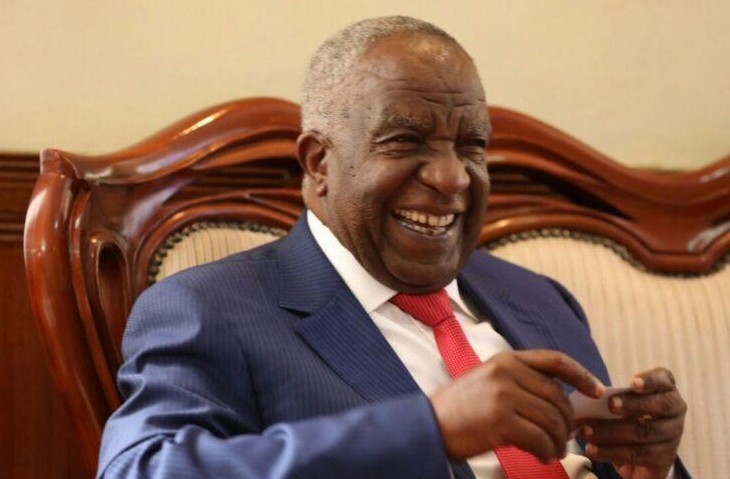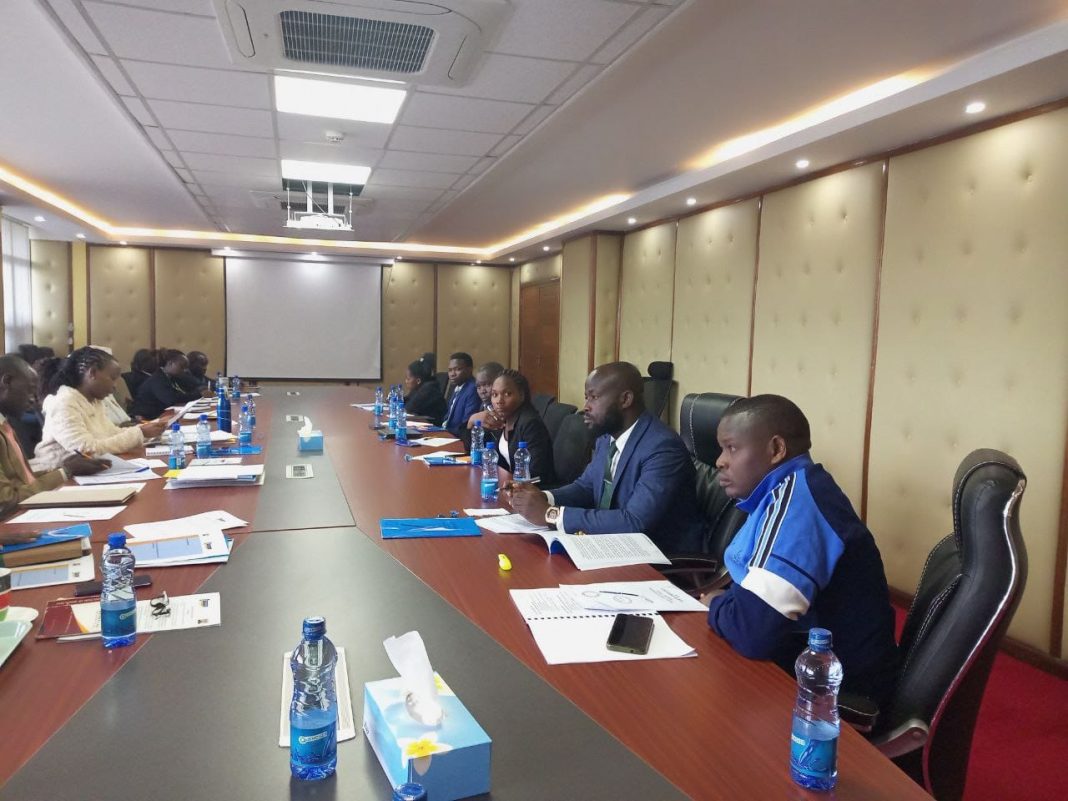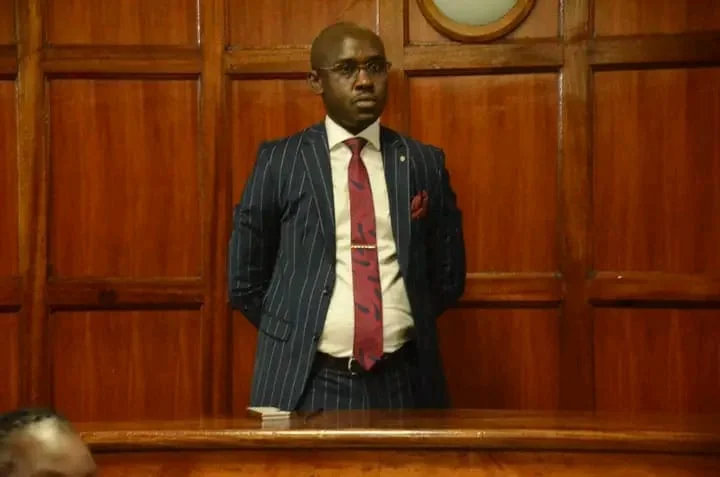Billionaire Peter Munga, the esteemed founder of Equity Bank, has discreetly acquired a stake in Kenya’s most significant toll road initiative, the Sh468 billion Nairobi-Mombasa Expressway.
Although the project is primarily backed by the US-based firm Everstrong Capital, recent documents indicate that they have formed a 50-50 partnership with Quickpass Limited, a company closely associated with Munga’s family business interests.
Quickpass operates from Muthaiga, within Munga’s own office space, and its board includes his son and daughter-in-law, further solidifying the family’s involvement.
This strategic partnership positions Munga to benefit from a lucrative 30-year toll agreement on one of East Africa’s busiest transportation routes, highlighting his continued influence in the region’s infrastructure development.
How Peter Munga Tied Himself to the Nairobi-Mombasa Expressway
The proposed 440-kilometre Nairobi-Mombasa Expressway has been touted as the solution to Kenya’s overburdened and crumbling highway between the capital and the coast. For years, both local and international investors eyed the project, hoping to capitalize on the growing need for faster and safer transport routes.
Now, billionaire Peter Munga has placed himself at the centre of this mega project—without public scrutiny.
The project’s lead investor, Everstrong Capital, incorporated in Mauritius, owns 50 percent of Quickpass Limited, a firm established in July 2018. The remaining half belongs to Kiewa Group, owned by the Munga family.
Quickpass operates from Munga’s Muthaiga office. Its board reads like a family registry: Munga’s son, Alex Kieme Munga; his daughter-in-law, Emilly Kairimu Kanina; and other close associates, including John Paul Ouko and Zimbabwean national Mandhla Sibanda.
The firm’s company secretary, Cornelius Kimamo Kigera, completes the inner circle. Records confirm that Everstrong’s director Philip William Dyk—described in global finance circles as a serial infrastructure dealmaker—also sits on the Quickpass board.
Together, this mix of Kenyan tycoon influence and foreign capital has created a private vehicle with the power to build and operate Kenya’s most ambitious road project.
Everstrong and Quickpass aim to recoup the road’s massive costs by charging motorists tolls for 30 years, after which the road will revert to government control under a Build-Operate-Transfer (BOT) model.
But questions remain on why the PPP committee rejected the initial project proposal in July, stating that it “did not meet the relevant criteria.”
The Role of Everstrong Capital and Why Mauritius Matters
Everstrong Capital, which owns all 5,124 shares in its Kenyan subsidiary, maintains a low profile despite its expanding grip on regional infrastructure.
It is not only involved in the Nairobi-Mombasa Expressway, but also backs major projects in energy, telecoms, and e-mobility—including Athi River’s Gulf Power Plant and SealTowers.
But its decision to register in Mauritius raises red flags. Mauritius is a well-known destination for firms seeking tax relief, confidentiality, and minimal disclosure obligations.
In fact, the true ownership of Everstrong remains unknown due to the island nation’s strict secrecy laws. This makes it difficult to determine who is actually financing and profiting from the Nairobi-Mombasa Expressway.
The concern is not only about foreign investors hiding behind shell structures but also about how powerful local elites like Munga can use offshore vehicles to gain public concessions while avoiding public scrutiny.
Adding to the opacity, Everstrong’s board includes Kyle Lee MC Carter, a former US ambassador to Kenya, alongside local figures like Henry Kinyua Kyanda.
This blend of diplomatic, corporate, and political influence raises serious governance questions, especially given the expressway’s massive public interest implications.
What’s at Stake for Kenyan Taxpayers
The Nairobi-Mombasa Expressway, once completed, promises to slash travel time from over 10 hours to just under 4.5. But the real winners might not be ordinary Kenyans.
Motorists will bear the cost of the project through toll charges for three decades, funnelling billions into private hands. And if the project reaches financial close, Quickpass—a company co-owned by Munga—will be at the centre of operations.
Yet there is no clarity on Quickpass’ specific responsibilities in the execution of the project. Is it simply a shell for profit-sharing? Does it hold engineering contracts, project management duties, or rights over toll collections? None of this has been disclosed publicly.
This lack of transparency is dangerous. It reveals a pattern where politically connected businessmen like Munga position themselves to reap profits from projects funded or supported through public-private partnerships, with little public accountability.
The fact that the PPP committee flagged the proposal and demanded revisions adds to growing concerns about whether the expressway will benefit the country or become another cash cow for elites.
Munga’s deep entanglement in the infrastructure, energy, and financial sectors—combined with his proven ability to harvest billions from share sales in Britam and Equity Bank—paints the picture of a man who knows where the future profits lie. And now, that future lies along the Nairobi-Mombasa Expressway.




